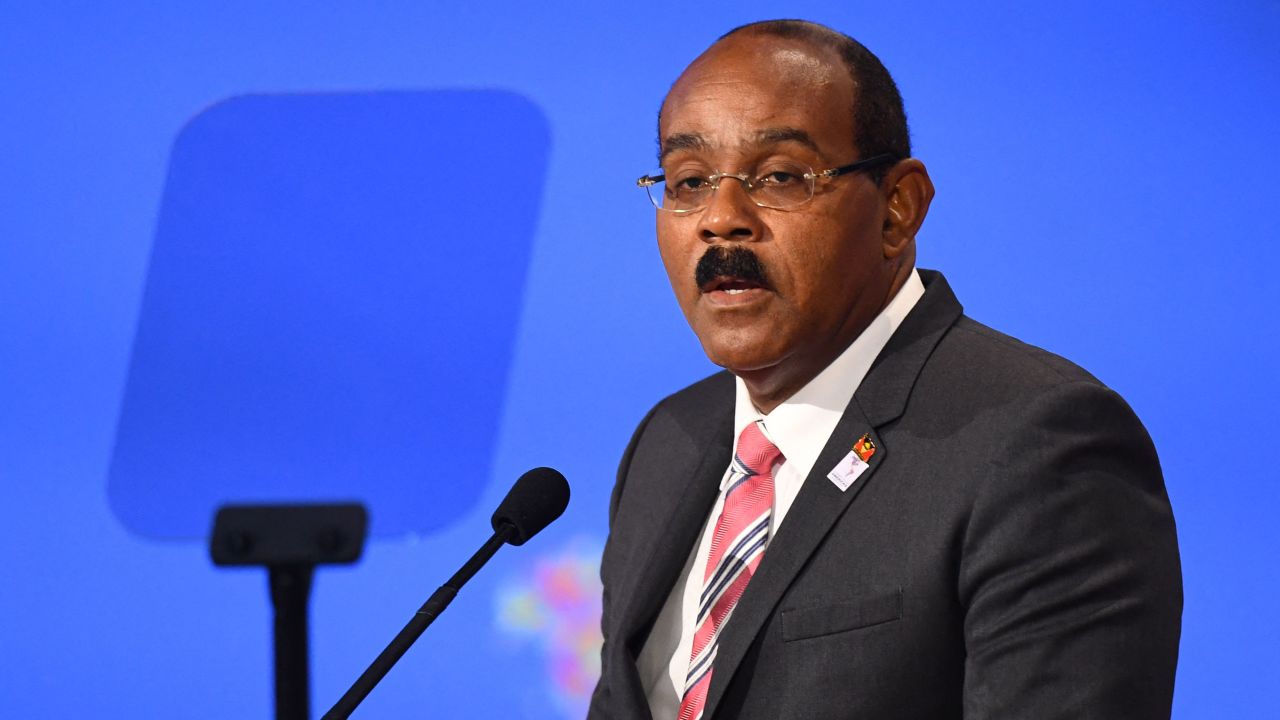The youth of Madagascar estimates half of her population. It is, however, a beautiful country with a population of 29.3 million people but projected to increase to 36 million people by 2030.
As population growth presents economic potential, it could also be a challenge to a country if not well managed. The young population is putting pressure on its education, training, and technology systems because the demand the infrastructure is higher than what the government can provide.
The national education system has not improved enough, and things are not changing for the youths in time to meet up with demands of their generation.
The youths are, therefore, forced to create their solution to these challenges. In the quest to reshape Madagascar’s economy through technology, some youths have been innovative in trying to create some technology hubs amongst others.
Habaka is one of the innovations founded in 2011. It offers co-working space, runs events and offers training, and has also been running the CoderDojo programme since 2014.
In 2015, Habaka stepped up the pace, embarking on consultations with the Malagasy government on how best to grow the technology ecosystem in the country.
According to the Chief Executive Officer, and co-founder of Habaka, Andriankoto Ratozamanana, “We think it’s meaningful consideration for us and a sign of openness. Working with the government through different ministries is key in our mission of reshaping Madagascar’s economy through technology.”
One other initiative that has been helpful to the country is how the country used technology to solve its education problems. Madagascar has a dire school shortage. About a third of Malagasy children have no access to education because the schools are too far away or severely overcrowded.
A non-profit organisation that is dedicated to increasing global access to education, “Thinking Huts” made the world’s second 3D printed school possible in the country.
Thinking Huts believes that twenty-two thousand new schools are needed to fulfil the demand and as such, it plans to tackle the issue with a series of 3D-printed schools, the first of which was completed in April 2022.
The 765-square-foot honeycombed structure, named Bougainvillea, is located on a university campus in Fianarantsoa, a town in south-central Madagascar.
It was developed in partnership with 14Trees, which built the world’s first 3D-printed school in Malawi in July 2021.
The single-story school will house 30 engineering students. In other sectors, one of the first youth-driven social media projects to encourage young people in Africa to talk about their sexual and reproductive health and rights, and to offer them reliable information on the subject was founded by a 23-year-old called Manantsoa Ratsarazaka.
Manantsoa said Tanora Garan’Teen (Guarantee for Youth) was founded because he was determined to give youth the power and the means to make decisions about their families and their future.
Madagascar has experienced an upsurge in the number of adolescent pregnancies in the past 15 years, a trend that has been putting pressure on the healthcare system. Currently, 36 per cent of women aged 20-24 have reported a birth before age 18.
Over one in three girls become pregnant before her 18th birthday. But talking about sex remains taboo, which makes Manantsoa’s accomplishment more remarkable.
Observing how urban youth are connected by their mobile phones and the Internet, Manantsoa got the idea to use social media to educate young people about sexual and reproductive health.
He gathered a team of 20 volunteers to run the project and secured three coaches to support them; two from the Ministry of Youth and one from the UNFPA Country Office in Madagascar.
Using platforms like Twitter, YouTube, and Facebook, the project’s main objective is to facilitate adolescents’ and youth’s access to information about sexual and reproductive health by encouraging them to share information, express their opinions and seek advice that will help them make informed decisions.
Since the project began in 2012, it has reached more than 10,000 people through various events and focus groups across its social medial platforms.
Because it enables participants to maintain their privacy, Tanora Garan’Teen has attracted more young people to take part in its online activities.
With these technological innovations, there is no doubt that most of its technological problems would be fixed by the country’s innovative youths.


